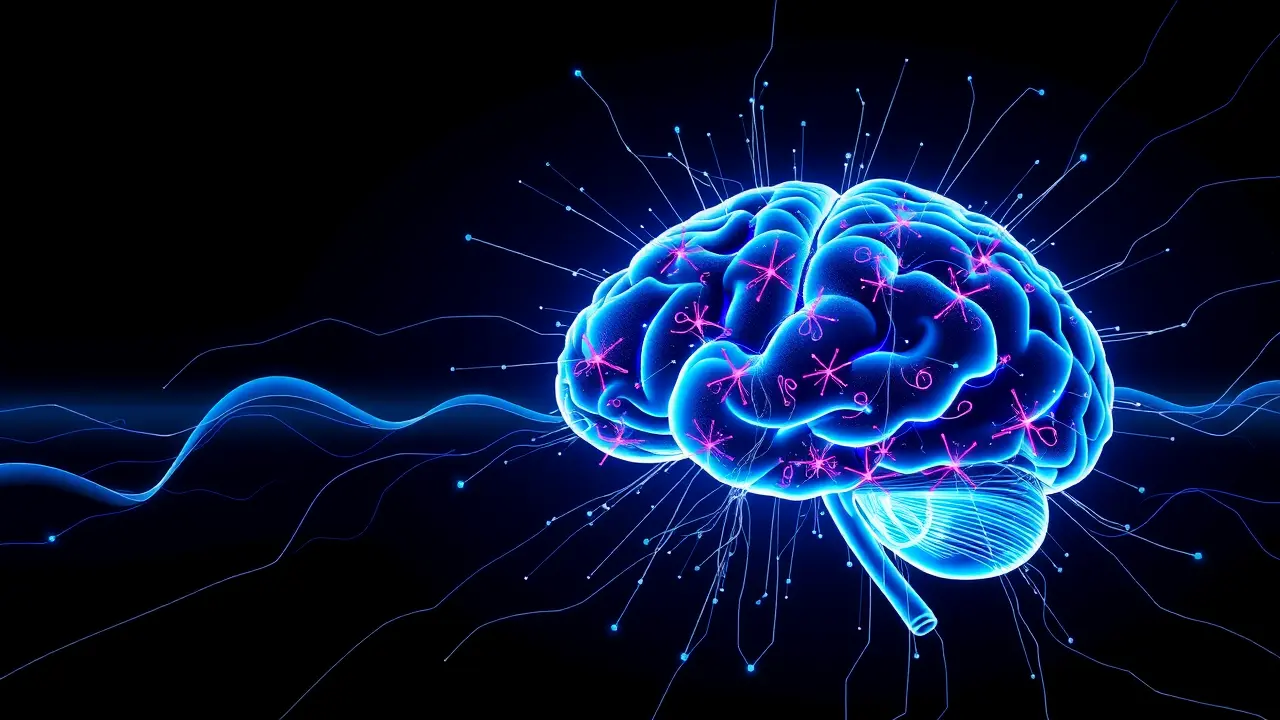
ScienceneuroscienceBrain Mapping
What brain scans reveal about soccer fans’ passion and rage
JA
Jack Turner
3 hours ago7 min read
The beautiful game has always been more than just a sport; it's a primal theater of emotion where logic often gets red-carded by passion, and a groundbreaking neuroscience study has finally captured this phenomenon in stunning biological detail. Researchers peering into the brains of ardent soccer fans discovered that a last-minute winner doesn't just trigger cheers—it sets off a fireworks display of dopamine in the brain's reward circuits, a neurochemical surge akin to a gambler hitting the jackpot.Conversely, a devastating loss, like a missed penalty in a shootout, doesn't just bring disappointment; it actively dampens signals in the prefrontal cortex, the brain's command center for rational thought and impulse control. This neural tug-of-war explains why a grown adult might weep uncontrollably over a result decided by 22 strangers on a patch of grass halfway across the world.It’s the same visceral loyalty that makes a Barcelona fan’s heart soar with a Pedri through-ball, a moment of pure artistry that echoes the genius of Iniesta, and the same deep-seated rivalry that can transform a reasonable person into a fount of rage when their team concedes a dubious penalty. This isn't just about sports; it's a fundamental blueprint for human tribalism.The very same neural pathways that light up for a Champions League final are the ones that fuel political fanaticism, social media wars, and ideological divisions, turning debates into emotional storms where victory feels righteous and defeat feels like a personal attack. The study suggests that our early experiences—whether we were raised in a household that celebrated every goal with unbridled joy or one that taught measured appreciation—fundamentally wire these circuits, determining whether our fandom manifests as the healthy, communal excitement of singing in the stands or the explosive, sometimes violent, reactions that mar the sport.It’s a reminder that the passion we invest in our clubs is a powerful, double-edged sword, capable of creating lifelong bonds and unforgettable moments of collective ecstasy, but also of overriding the very reason that keeps us grounded. In the end, understanding the science behind the passion doesn't diminish the magic; it deepens our appreciation for the incredible emotional investment we make week in and week out, proving that what happens on the pitch doesn't just change the league table—it fundamentally alters our brain chemistry.
#featured
#neuroscience
#brain scans
#soccer fans
#reward activity
#emotional regulation
#fanaticism
#sports psychology
Stay Informed. Act Smarter.
Get weekly highlights, major headlines, and expert insights — then put your knowledge to work in our live prediction markets.
Related News
© 2025 Outpoll Service LTD. All rights reserved.
